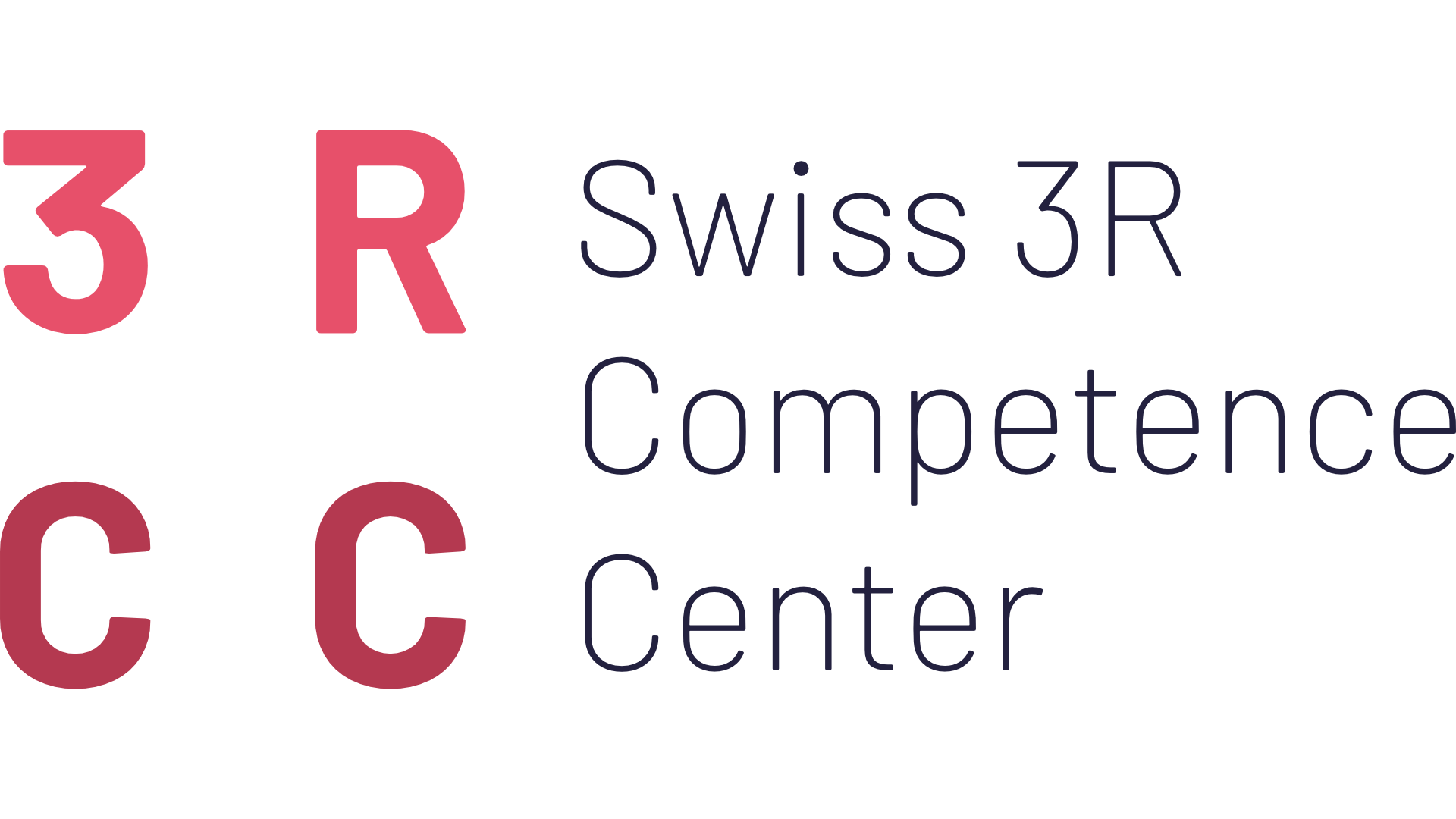BACKGROUND
The home lab (Rubin Lab, DBMR; University of Bern) focuses on in vitro models to investigate lineage plasticity and metastasis and has most recently developed a novel organoid-based model to examine tumour-host interactions and the metastatic niche utilising spatially resolved cerebral organoids. Currently we have assessed the innate ability for a cohort of breast and prostate tumour cells to invade and colonise the brain milieu, as well as the potential to create brain “homing” sublines. An ongoing aspect of this project is looking at therapeutic response in the organoid model and comparing in vitro data with established in vivo models of brain metastasis.
AIMS
University of Bern -> University of Lausanne
The in vitro model to be transferred from the home lab utilises a novel co-culture of tumour cells (cell line, or patient-derived organoid) with the spatially resolved cerebral organoid to observe interactions between tumour cells and the host milieu at a known metastatic site (the brain). Using established cell culture techniques, including patient-derived organoids (Pauli et al., 2017), and the cerebral organoid (Lancaster et al., 2017), our co-culture technique has demonstrated the innate brain-colonising abilities of a cohort of tumours, as well as response to external stimuli such as hormone availability and established therapies.
As proof-of-principle, this novel approach must first be compared with the established in vivo approach to determine where the two models parallel each other, and the limitations of both. Specifically, we aim to initially use the cerebral organoids within the host lab to create a dataset of retrospective in vivo data combined with prospective in vitro experiments following the workflow of the host lab. As the host lab (Joyce Lab, University of Lausanne) performs these experiments routinely for a broad range of tumours, we believe that combining their in vivo expertise and techniques with our in vitro model within their facilities will provide a unique opportunity to transfer knowledge between the two labs and ideally create a model by which some aspects of brain metastasis research can be performed in vitro, resulting in reduced animal requirements in the field.
ACHIEVEMENTS
This project, which was awarded under the Knowledge Transfer Grant, did not proceed due to the researcher’s leave.
